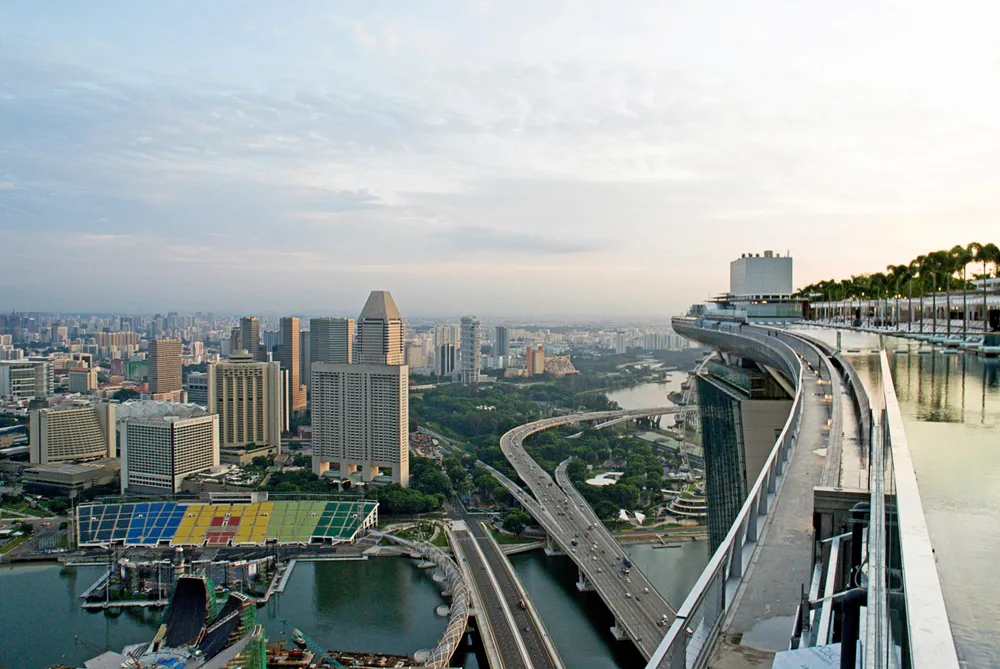New $540m 'hydrogen-ready' gas power plant to be built in Singapore — with no plans to actually use H2
Infrastructure giant Keppel takes final investment decision on Sakra cogeneration facility, but questions remain over whether it will ever burn hydrogen
